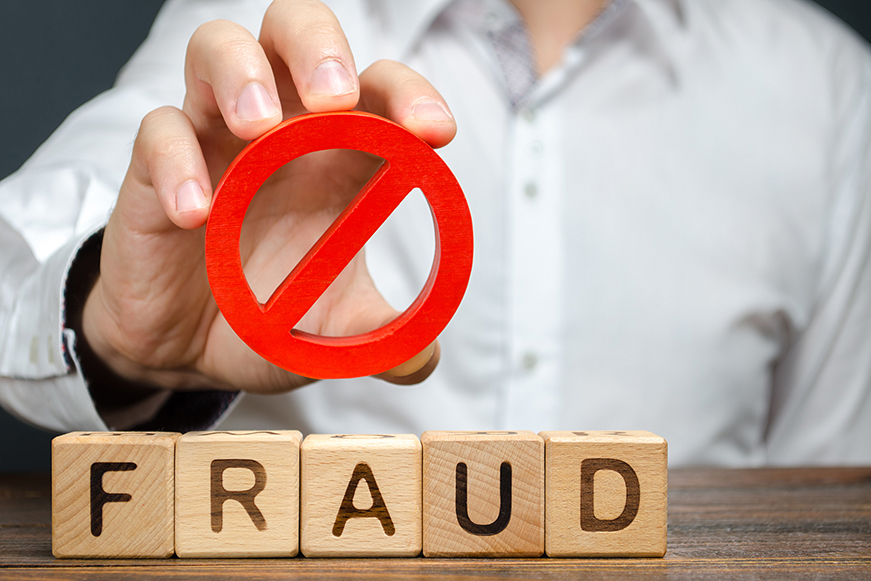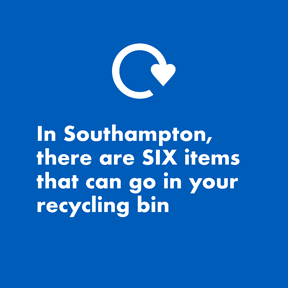Don’t fall victim to COVID-19 scams

Don’t fall victim to COVID-19 scams
Fraudsters try to scam everyone but they particularly target people who are elderly, vulnerable or isolated at home. Make sure you’re not a victim by never sharing your financial and personal information. Don’t give out your bank details, your address and phone number, log in information, passwords or PIN and never let anyone into your home you don’t feel comfortable with.
If you receive a visit, email, text message or phone call from someone you don’t know asking you for money or for your personal details, be sure to follow the three steps below:
Stop: Take a moment to stop and think before parting with your money or information. Call a friend, family or neighbour for advice if you’re worried.
Challenge: Ask yourself: could it be fake? It’s okay to reject, refuse or ignore any requests. Only criminals will try to rush or panic you. Your bank or the police will NEVER ask you to transfer money nor ask for your PIN or full banking password.
Protect: Contact your bank immediately if you think you’ve fallen for a scam and report it to Action Fraud or call 0300 123 2040.
Examples of COVID-19 scams that have already been reported to the police include:
- Online shopping scams and emails offering fake medical supplies like face masks and hand sanitisers that never arrive
- Requests asking you to support bogus charities
- Promises of high-return financial investments (remember if something sounds too good to be true, it usually is)
- Fake communications from fraudsters pretending to be from banks or from government departments like HMRC, offering financial support, grants and loans
- Criminals posing as police officers or other officials knocking on doors in order to gain entry to commit burglaries
Online shopping advice
Online shopping is convenient during quarantine measures when we’re all being asked to stay at home. Stay safe online by following this advice:
- If you’re buying goods or services from a new company, carry out some research first and ask friends or family for advice before completing a purchase
- Never respond to messages that ask for your personal or financial details
- Avoid paying for good and services by bank transfer as that offers you little protection if you become a victim of fraud. Instead, use a credit card or payment service such as PayPal
- If you realise you have been a victim of fraud inform your bank quickly as they can help you prevent any further losses. Monitor your bank statements regularly for any unusual activity


